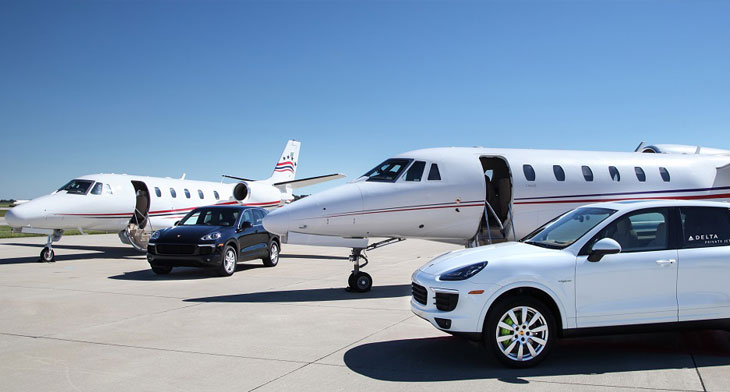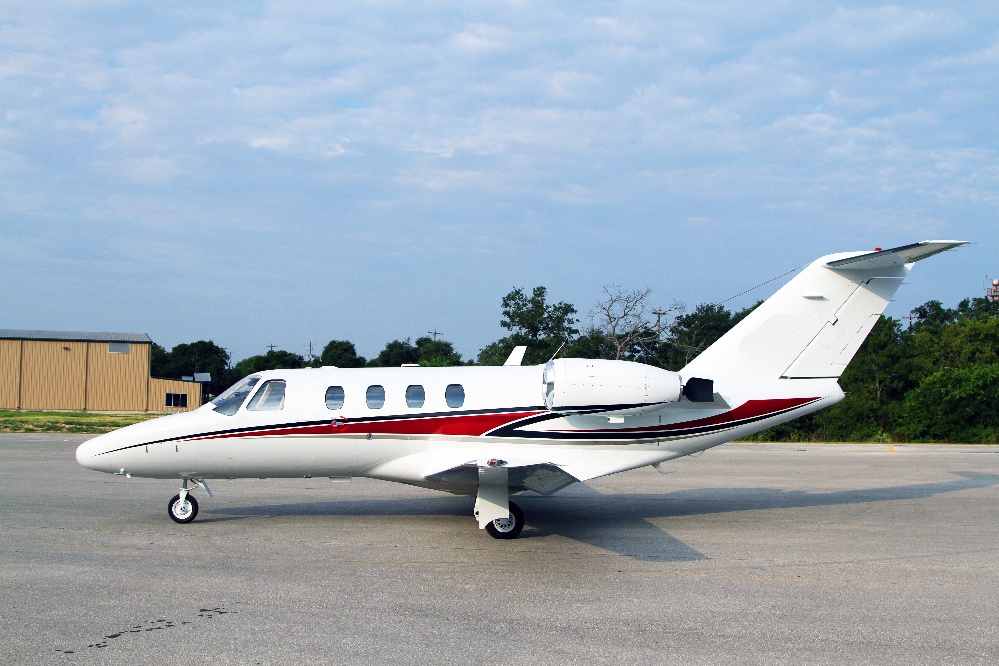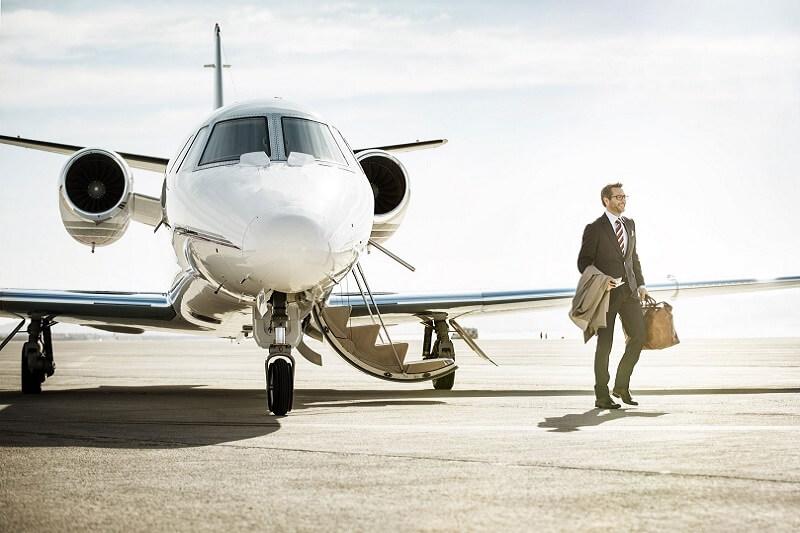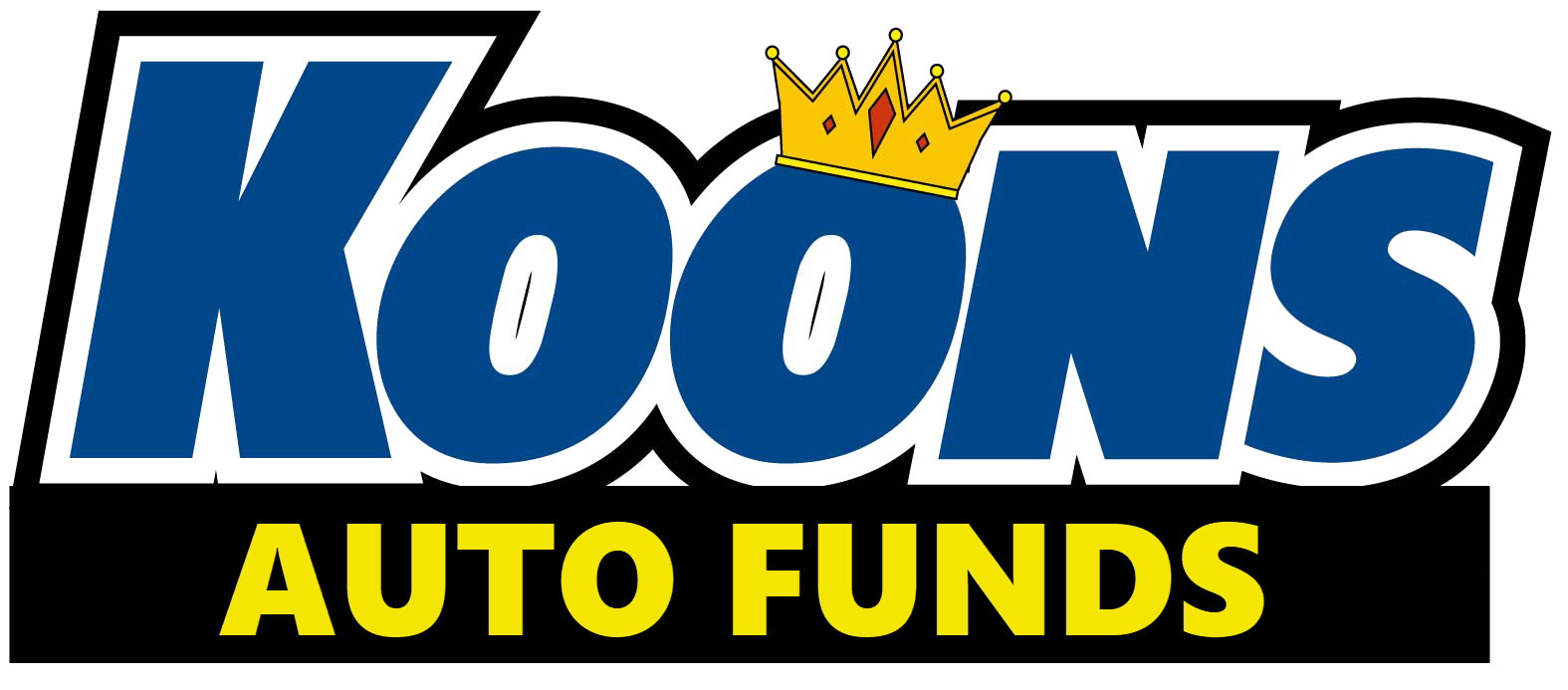The Tax Cuts and Jobs Act (Trump’s Tax Reform Act) was passed in December of 2017 and includes some significant changes that impact anyone buying a plane.

A major change is that there’s now 100% expensing (effectively bonus depreciation) permitted on aircraft purchased and used for business purposes. In other words, if you buy a plane for your business, you can write it off straight away for tax purposes. This can have large cash flow benefits, as it may significantly reduce your taxable income and so reduce the amount of federal income tax that you need to pay.
There are no financial limits on this 100% expensing. In other words, it is available whether you buy a single engine piston aircraft for a few hundred thousand dollars and also applies to large, heavy long-range jets that may cost $70m.

According to aviation attorney Paul Bell, of Newton, MA, the key elements of this change are:
- It is effective for aircraft purchased after 09/27/2017
- 100 percent expensing is permitted for both factory-new and pre-owned aircraft, so long as it is the taxpayer’s first use of the aircraft
- It applies only to new purchases (but it does not apply to aircraft currently owned or in use)
- It applies only for business / commercial use. It is not available for personal use
While the expensing is available now, the full expensing is only available through 2022, unless it is extended by Congress. So, if you are planning to buy a plane, or two, you have a few years to do it. For instance, you could potentially buy a plane this year and write it all off, then buy another plane in 2022 and write all that off too. From 2023 there is a phase out of the write off at 20% per year, so the expensing becomes:
- 80% Expensing allowed in 2023
- 60% Expensing allowed in 2024
- 40% Expensing allowed in 2025
- 20% Expensing allowed in 2026

1031 Exchanges Eliminated
The Tax Act eliminated 1031 Exchanges for all business personal property, including aircraft. As a reminder 1031 exchanges (sometime referred to as like-kind exchanges) allow you to reinvest the proceeds of a sale in a new property and to defer all capital gain taxes. Under the new law they are now only available for real estate.
Paul Bell told us that in outline taxpayers will no longer be eligible to defer taxable gain on the sale of aircraft via a like-kind exchange. This change is effective for sales as of 1st January 2018. Paul noted that there are transition rules which preserves like-kind exchanges of personal property if the taxpayer has either disposed of the relinquished property or acquired the replacement property on or before 31st December 2017.
State Tax Issues
The implications at the State level vary and in many cases are still being resolved. As with other aviation tax issues, the results are likely to vary significantly by State.
Paul Bell summarized the situation at the State level with the following points:
- States may not follow the Federal lead on the full expensing rule
- States may follow the Federal lead on eliminating 1031 for personal property
- This could result in a significant tax consequence at the state level for: (a) exchange of existing aircraft that has been depreciated; and (b) future aircraft purchased and depreciated per state tax regulations
- North Carolina has issued guidance stating it will follow Federal rules on eliminating 1031 on personal property
- Other states have remained silent so far. They may address the issue directly with guidance or they may address it indirectly through actions on audits, etc.
No FET on Owned Planes
The Act also includes a provision to clarify the tax charges on the maintenance and use of owned aircraft. This has been a contentious area over recent years, with the IRS trying to charge a 7.5% excise tax on owners, in the same way that commercial airlines pay a 7.5% tax on each seat they sell. Specifically, the Act says no tax will be imposed “on any amounts paid by an aircraft owner for aircraft management services related to: maintenance and support of the aircraft owner’s aircraft, or flights on the aircraft owner’s aircraft.”

In Summary
The tax changes are a real benefit to a first-time business aircraft purchaser that needs to offset income tax. But, it’s now more challenging for owners wishing to exchange a fully depreciated aircraft after 2022, and there is still a lot of uncertainty as to the State tax consequences.
Written by www.TheSherpaReport.com
